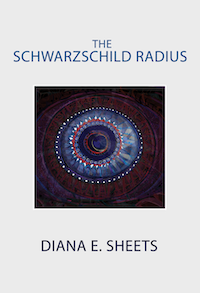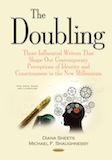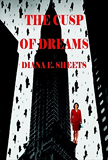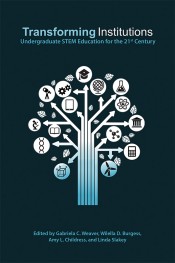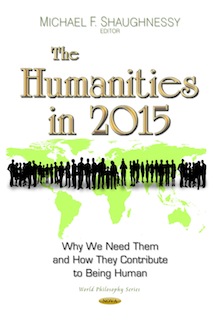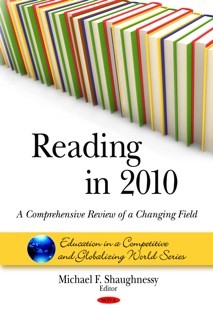Literature’s Nobel Prize and the Case—Or Not—for Insularity
Copyright © 2011 by Diana E. Sheets
This opinion essay was published by The Christian Science Monitor on October 14, 2011. It can be read on their website at http://www.csmonitor.com/Books/chapter-and-verse/2011/1014/Literature-s-Nobel-Prize-and-the-case-or-not-for-insularity.
I drag over the floor of the world like a grappling hook.
Everything I have no need of catches on it.
Tired indignation, glowing resignation.
The executioners gather stones, God writes in the sand.
[Excerpt from “Postludium” in Tomas Tranströmer Selected Poems, 1954-1986
Edited by Robert Hass, The Ecco Press]
Awarding the 2011 Nobel Prize for Literature to Swedish poet Tomas Tranströmer, the eighth European recipient over the past ten years, will raise a chorus of complaints about European provincialism. The
For the
The second problem facing all writers these days in their quest for the Nobel Prize in Literature is not a peculiarly American one. It is the vexing problem of the “politics of virtue,” those sanctimonious moral standards driving both style and content that determine what is praised and shunned throughout the global literary community. Consciousness, identity, and memory, the perceptions that shape our subjective view of how we think, feel, and act, are the determinants of virtue. But what if the great contributions of literature are no longer about self and interiority, but about a global civilization under distress? What if ugly realism dictates what will constitute the lasting value of literature because of its ability to assist us in understanding and responding to our world? Empathy and compassion, our thoughts and feelings, what if these human sentiments pale before the concrete necessities of Realpolitik and literature’s need to engage with the world?
The third challenge undermining the nurturance of great literature is that we are losing our ability to conceptualize imaginary worlds through the written word as a consequence of our diminished reading capability. Publishing conglomerates promote what sells. They no longer nurture aspirational readers hungering to understand their world. Both the genres and the literary selections, although they may be clever or well plotted or morally redemptive, never challenge the assumptions of the reader. The result is a literary sameness nurtured by
The result is that heroism these days is no longer solely defined by a writer’s resistance to governmental tyranny. Tyranny knows many forms. It might be reflected in the prosaic selections by the Nobel Committee, publishing conglomerates, and
This jeremiad is not about the selection of Tomas Tranströmer. Let history judge his poetry and its universality or insularity. His poetry has been shaped by an earlier era when writers tried to communicate thoughtfully with their readers. Rather, the argument here is that literature today seldom has anything meaningful to say about our world and those essential truths that, should we choose to recognize them, have the potential to alter our destiny.


